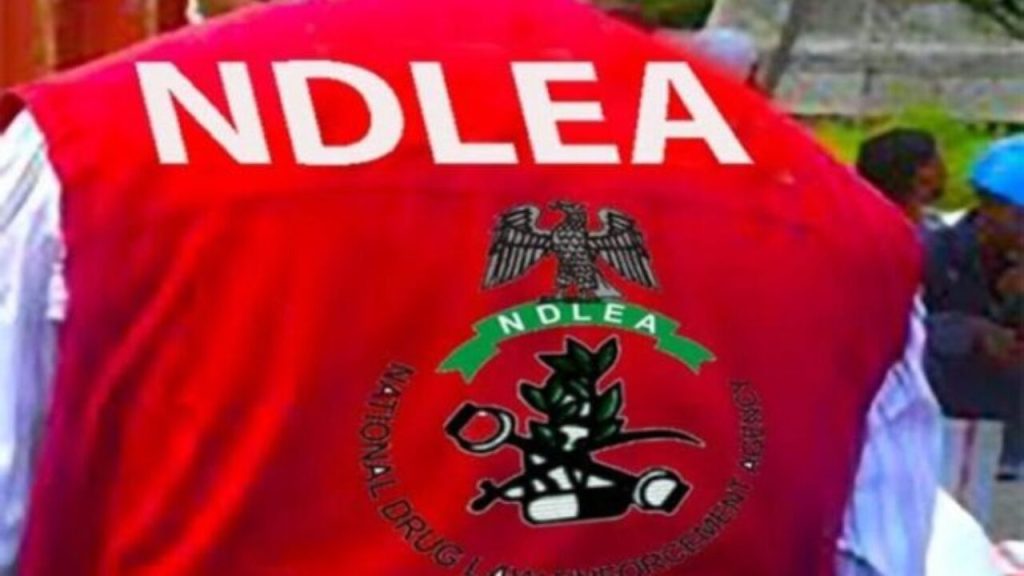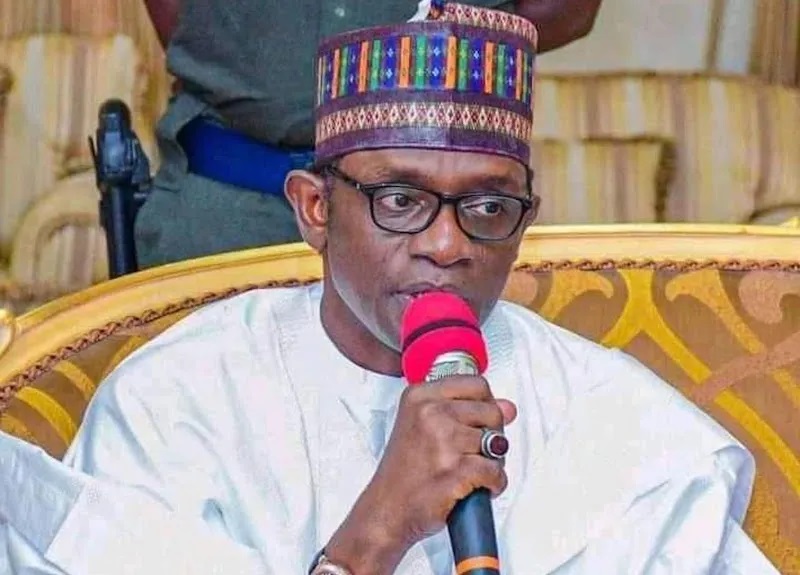At the COP16 Biodiversity Conference in Cali, Colombia, the African Development Bank (AfDB) highlighted the urgent need to accelerate Nature-based Solutions (NbS) as part of efforts to enhance climate resilience in Sub-Saharan Africa. The side event, which brought together key stakeholders, focused on biodiversity conservation and the role of NbS in safeguarding both people and ecosystems from the impacts of climate change.
Innocent Onah, Chief Natural Resources Officer at AfDB, emphasized that Nature-based Solutions provide an affordable and sustainable approach to tackling climate risks. “NbS offer a cost-effective means to enhance the resilience and adaptation of communities and key ecosystems, providing numerous co-benefits for both people and nature,” Onah said. He stressed that NbS could also improve infrastructure performance and support low-carbon economic growth.
Al-Hamndou Dorsouma, AfDB’s Manager of the Climate Change and Green Growth Department, called attention to the significant funding gaps, noting that Sub-Saharan Africa receives only a fraction of the $190 billion annually needed for climate adaptation by 2030. He emphasized the importance of strategic partnerships to harness the continent’s natural resources and drive sustainable economic transformation.
Crystal Davis, Global Director of the Food, Land & Water Program at the World Resources Institute, shared positive findings from recent research, revealing that nearly 300 NbS projects focused on climate resilience have been implemented across Sub-Saharan Africa in the past decade. “We have the knowledge and expertise to make these projects successful; now we need to scale them up,” Davis said, stressing the importance of accelerating their implementation.
The discussions also shed light on the practical challenges that hinder the widespread adoption of NbS, such as limited understanding, lack of investment-ready projects, and regulatory barriers. To address these issues, participants called for increased investment in NbS infrastructure and integration of these approaches into broader climate strategies.
Caroline Vexler, Principal at the European Bank for Reconstruction and Development (EBRD), shared optimistic results from an audience poll, where 86% of respondents expressed confidence that their organizations would increase investment in NbS in the coming years. Vexler affirmed EBRD’s commitment to identifying more opportunities for NbS projects in collaboration with its clients.
The event also discussed how AfDB and its partners can provide technical and financial support to African nations, particularly in developing ecotourism as a sustainable, community-driven sector.
In closing, the event’s participants called for stronger collaboration among governments, the private sector, and development partners to accelerate the adoption of NbS and strengthen Africa’s role in the global market for nature-based solutions.


![angela okorie re arrested over lawyer fee refusal Angela Okorie re-arrested over alleged refusal to pay lawyer who secured her bail [VIDEO]](https://mediatalkafrica.com/wp-content/uploads/2026/02/xAngela-Okorie-Re-arrested-Over-Lawyer-Fee-Refusal-1024x1024.jpg.pagespeed.ic.lPfjGcajP2.webp)
